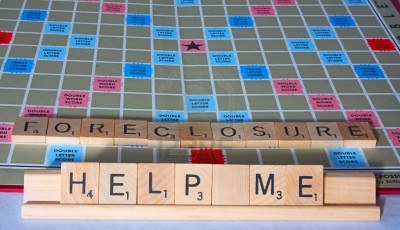New Jersey Property Tax Sale Certificates and Foreclosures
 In New Jersey, every municipality is required by law to hold sales of unpaid property taxes at least once each year. The municipalities sell the tax liens to obtain the tax revenue which they should have been paid by the property owner. The municipal tax collector conducts the sale which allows third parties and the municipality itself to bid on the tax sale certificates (this is the document evidencing the taxes due and owing). The successful highest bidder then pays the outstanding taxes to the municipality and become the tax sale certificate holder. Then the holder records the tax sale certificate with the county clerk, who records the tax sale certificate as a lien against the property.
In New Jersey, every municipality is required by law to hold sales of unpaid property taxes at least once each year. The municipalities sell the tax liens to obtain the tax revenue which they should have been paid by the property owner. The municipal tax collector conducts the sale which allows third parties and the municipality itself to bid on the tax sale certificates (this is the document evidencing the taxes due and owing). The successful highest bidder then pays the outstanding taxes to the municipality and become the tax sale certificate holder. Then the holder records the tax sale certificate with the county clerk, who records the tax sale certificate as a lien against the property.
Purchasing the tax sale certificate is merely the first step. The tax sale certificate holder does not own the property, but merely has a lien against the property. The amount of the lien is the amount paid for the tax sale certificate plus interest (which normally accrues at a rate of 18%), costs and fees, including the certificate holder’s attorneys fees. The tax sale certificate holder must foreclose on the tax lien in order to become the owner of the property. The certificate holder has priority over any other liens against the property, including mortgages and other lien holders. The certificate holder must wait a statutorily proscribed period after the date of the sale of the certificate to initiate a foreclosure action. A municipality which purchased the certificate must wait six months; any other purchaser must wait two years.
Non-municipal tax sale certificate holders must provide thirty days written notice of their intention to foreclose before they can begin the foreclosure process on the certificate. This notice must include the amount which the delinquent property owner can pay to redeem the tax sale certificate and have the lien released. The notice must be sent by certified mail return receipt to all owners and to the municipal tax collector.
Then, if the property owner does not redeem the tax sale certificate within that 30 day period, the certificate holder is permitted to file its complaint for foreclosure. The complaint must name everyone who has a recorded interest in the property, which includes all mortgage and lien holders. The complaint must identify the property, the property owner and state the redemption amount. It must be served by certified mail return receipt. The property owner continues to have the right to redeem the tax sale certificate up until date of the final judgment. If the certificate is redeemed after a foreclosure action has been commenced, the property owner should file an Affidavit of Redemption and the foreclosure action will be dismissed by entry of an Order.
Continue reading
 New Jersey Lawyers Blog
New Jersey Lawyers Blog


